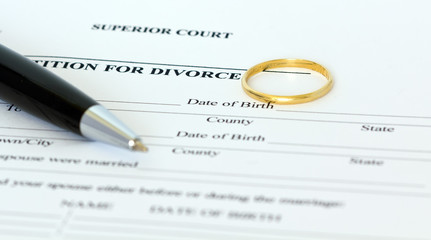The timeline and duration of a divorce in New Jersey vary significantly based on several factors. While some may only last a few short weeks, others will take months or even years of drawn-out arguments and negotiations. If you are filing for divorce in NJ and want to know when the marriage’s termination will become final, continue reading to learn more about the factors that influence the timeline. Secure skilled representation from a Union County divorce attorney at Ross & Calandrillo.
When Will My Divorce Become Final in NJ?
In New Jersey, a divorce becomes final when the judge signs the final judgment of divorce and files it with the court. Both spouses will receive copies of the divorce decree, at which point the divorce is final and complete.
If the situation involved little to no delay or issues, an NJ divorce could be resolved in as little as 6 to 8 weeks. However, it is more likely that it will take anywhere from 3 to 10 months, depending on aggravating or mitigating factors.
New Jersey does not implement a mandatory waiting period, however. Once all required paperwork and steps are completed, the judge can issue the divorce at any time.
What Factors Impact How Long My Divorce Takes?
One of the most influential factors affecting the amount of time a divorce takes is whether it is contested or uncontested. An uncontested divorce occurs when both spouses agree on all major issues like property division, alimony, child custody, and child support. Because there is no need for negotiations, mediation, litigation, etc., an uncontested divorce expedites the process.
If it is contested, however, it can significantly delay the finalization of the divorce. Settling these major issues can take months or longer of back and forth, arguments, and emotional distress. If the couple cannot decide on their own, the judge will step in to make a final judgment. However, it could take a while to schedule a court date.
The complexity of the divorce case will also impact the time it takes to be resolved. Cases involving significant assets, shared businesses, minor children, or other complications can take longer to settle. The willingness of the couple to cooperate with one another is also an important factor. Those with volatile and hostile relationships often wind up delaying the process.
It is also important to remember that some things are out of the couple’s control. The court’s availability can have a significant bearing on the time it takes to resolve the case. If the court has a backlog of cases, it could lead to delays in scheduling hearings and trials, which will only drag the situation out further.
If you have questions about the divorce process and its timeframe, do not hesitate to contact an experienced family lawyer at Ross & Calandrillo today.



